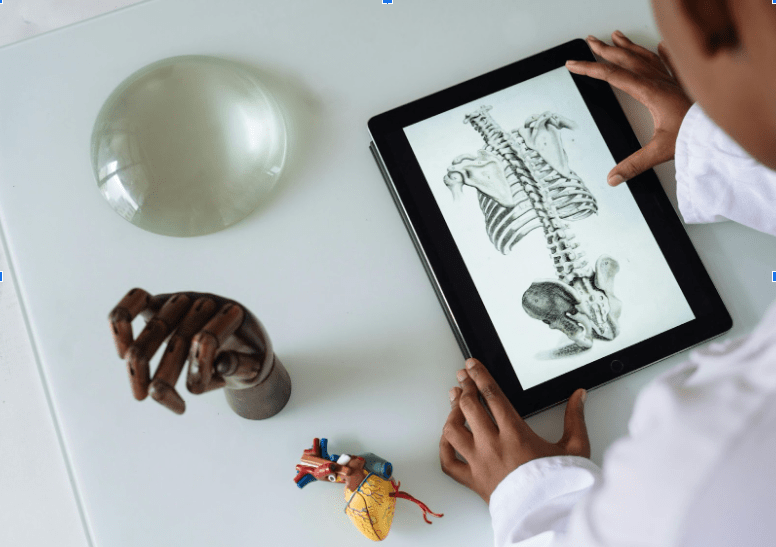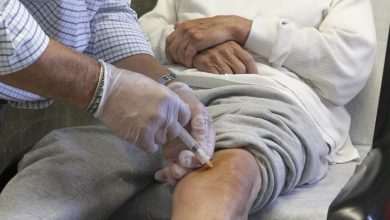
Finding a career that brings both stability and personal fulfillment is a big win. For many people, allied health jobs are doing exactly that. These roles might not always get the spotlight, but they are essential to how healthcare works.
And in a place like Brooklyn, where the population is huge and diverse, the demand for skilled healthcare workers keeps going up.
Brooklyn’s Growing Demand for Health Workers
Hospitals and clinics across the borough are constantly hiring. They need trained professionals who can handle everything from diagnostics to rehabilitation. And when it comes to getting qualified, students often turn to ultrasound technician schools in Brooklyn NY that offer accredited programs. These schools meet high standards set by professional organizations, which helps ensure the training is both current and practical.
Brooklyn isn’t short on healthcare facilities. That’s part of what makes it such a great place to enter the field. There are jobs in private practices, hospitals, outpatient centers, and even mobile units. Many employers also offer flexible schedules. That can be helpful if you’re balancing work with family or school.
Why Allied Health Stays Relevant
Healthcare doesn’t stop evolving. New diseases pop up. New treatments are invented. Populations grow and get older. But through all that change, the need for support roles stays strong. That includes ultrasound techs, respiratory therapists, medical assistants, and more.
There will always be work in allied health, unlike in certain other fields. Machines can help, but they can’t do everything that trained people can do. Patients still need somebody who can explain things, be there for them emotionally, and respond right away. That personal touch still important, and maybe even more than it used to.
Job Security and Flexibility
A lot of people jump into allied health careers because of the job security. These roles aren’t usually tied to big economic swings. When the economy takes a hit, people might skip vacations or hold off on buying new cars. But they still need medical care. That keeps jobs in the health sector more stable than most.
There’s also a lot of flexibility. You can work part-time or full-time. You can take night shifts or early mornings. Some jobs are even remote now, like certain telehealth support roles. This is the type of field where you can shape your job to fit your life, not the other way around.
Training That Doesn’t Take Forever
You don’t necessarily need a four-year degree to kickstart your journey. Many programs take less than two years. That’s a big deal if you’re switching careers or can’t commit to a long college path. Training programs in Brooklyn are also built to be practical. They give you lab time, real-world experience, and mentorship.
For example, an ultrasound tech program might include both classroom study and clinical hours at local hospitals. That means you’re learning while doing. It also means you’re making connections that could lead to a job offer later on.
Pay and Growth Potential
Entry-level pay in allied health can be solid. Some roles start around $40,000 per year, and others go much higher. Experienced ultrasound techs can make $75,000 or more. And that’s just the starting point. With time and experience, many people move into roles with more responsibility and better pay.
Some go into education or training. Others become supervisors or move into admin roles. Some even go back to school later and become nurses or physician assistants. The point is, you’re not stuck. The field gives you room to grow.

Making a Real Difference
One of the best things about working in allied health is the sense of purpose. You’re helping people during some of their most stressful moments. Whether you’re assisting with a diagnosis or helping someone recover from surgery, your work matters.
In Brooklyn, where the community is so varied, that help goes even further. You might work with elderly patients one day and newborns the next. You might need to speak more than one language or learn to understand cultural needs. It keeps the job interesting and rewarding.
Final Thoughts: Not Just a Job—A Long-Term Investment
Choosing a career in allied health isn’t just about the paycheck. It’s a long-term investment in yourself. The training builds skills that won’t go out of style. The jobs offer benefits, security, and meaning. And the industry will keep growing.
Brooklyn is the perfect place to take that leap. The need is there. The training is available. And the path is clear. Whether you’re just out of high school or thinking about a career change, this field can be the right move.



